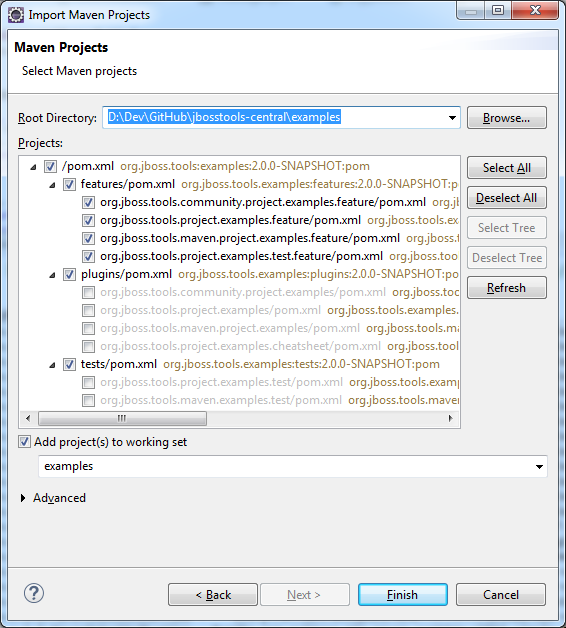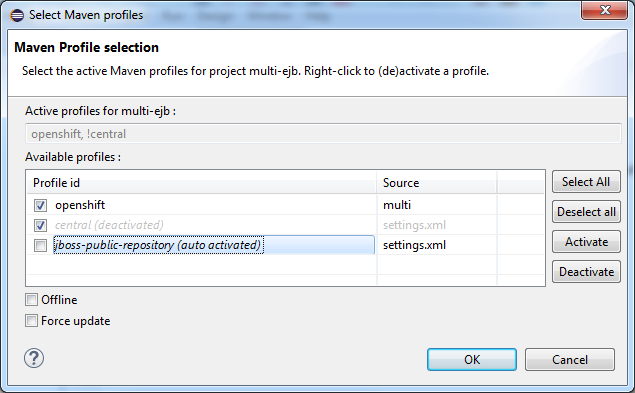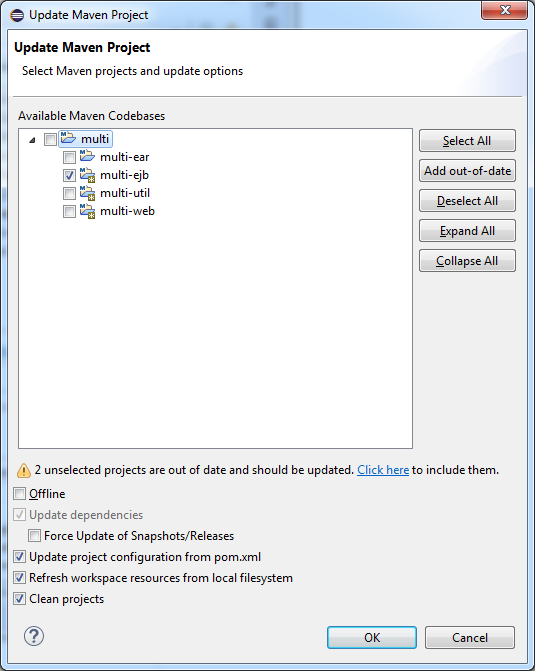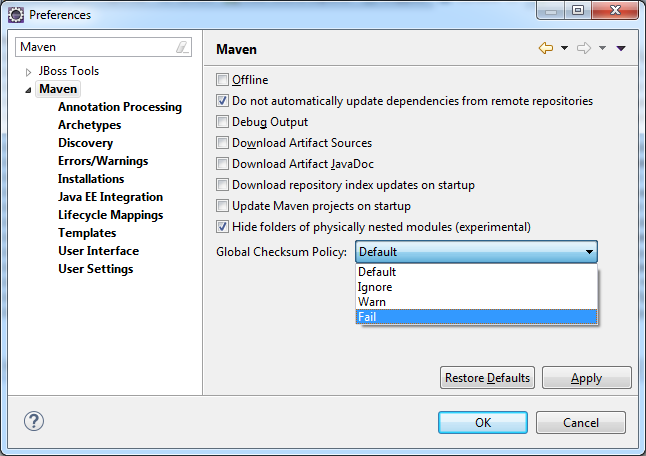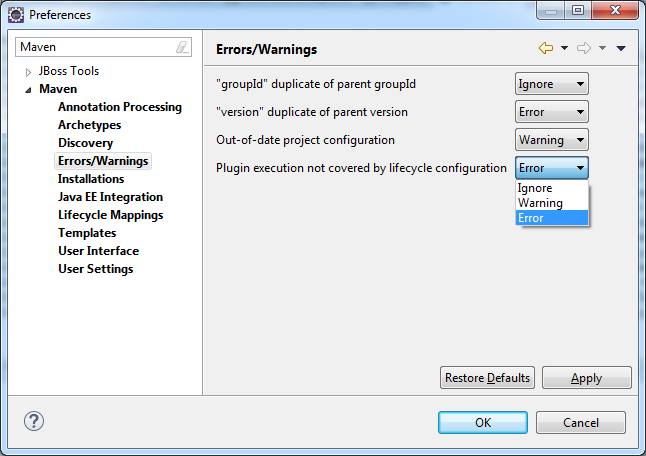Even back when the first line of code was dropped for Hybrid Mobile tooling, making the tools as part of the Eclipse foundation was a goal. When starting, we looked at the available tools for developing Cordova applications. We found out that there were no open source solutions that we could contribute and use as part of our tools. Furthermore, interoperability among what very little existed was poor. Of course, our main goal is creating good tools for Apache Cordova development, but while doing that we always keep an eye on interoperability and extendibility.
It is only natural that we are moving the development of our tools for Cordova based application development and forming the Eclipse THyM project. We hope that, as a vendor neutral non-profit organization, Eclipse foundation will encourage contributions and be the base for interoperable Cordova tooling.
What is contributed
Everything related to Cordova based development including the project management, plugin discovery, and support for iOS and Android excluding the Cordova simulator is contributed to Eclipse.org. We have excluded CordovaSim for now because of its complex set of dependencies
What is changing
The development will continue to happen on GitHub but on a repository owned by Eclipse foundation. The contributed code is already renamed, cleaned and on the new repository. If you are a contributor, or want to be one, please use https://github.com/eclipse/thym
What is NOT changing
JBoss tools will continue to have support for Cordova development. We will consume Thym project and extend them with more capabilities and integrate with other parts of the tools and technologies coming from projects such as Aerogear.
And of course our wish to create good tools for Apache Cordova development continues with a hope for better collaboration with other individuals and companies.
